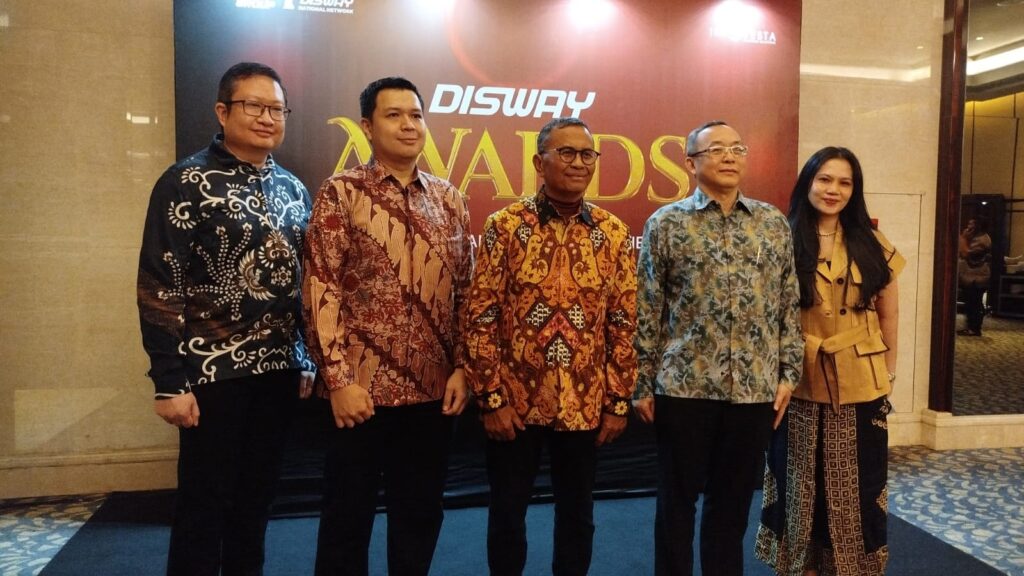Los Angeles – The 67th Annual Grammy Awards, held at the Crypto.com Arena in Los Angeles on February 2, 2025, delivered not only artistic milestones but also meaningful indicators for industry stakeholders tracking evolving trends in global music production, consumption, and cultural influence.
Kendrick Lamar emerged as the biggest name of the night, sweeping multiple top categories including Record of the Year, Song of the Year, and Best Rap Performance for his provocative track “Not Like Us.” With this year’s wins, Lamar now holds 17 Grammys from 57 nominations—solidifying his position as both a cultural force and a commercially influential figure.
During his acceptance speech, Lamar paid homage to his hometown of Compton and producer Mustard. “Not Like Us,” widely interpreted as a diss track toward fellow rapper Drake, gained viral traction globally, and its Grammy success validates the music industry’s ongoing evolution toward socially and politically charged artistry.
Beyoncé, meanwhile, further extended her historical lead in Grammy wins, securing Album of the Year and Best Country Album for Cowboy Carter. Her win in a genre traditionally dominated by non-Black artists adds a new layer to conversations on diversity, market expansion, and audience segmentation in country and crossover music.
Strategic Takeaways for the Music Business
This year’s winners reflect key trends relevant to investors, labels, and content platforms:
- Genre Blending & Market Repositioning: Beyoncé’s foray into country music and Kendrick’s genre-bending diss-track both speak to a wider appetite for crossover innovation.
- Streaming’s Influence on Recognition: Many of this year’s wins, including Charli XCX (Brat) and SZA (Saturn), were bolstered by strong digital performance, reinforcing streaming platforms’ role in award outcomes.
- Emerging Global Markets: The inclusion of artists like Tems (Best African Music Performance), Shakira (Best Latin Pop Album), and Residente (Best Música Urbana Album) indicates deeper Grammy engagement with global music markets—an essential cue for business development across Latin America, Africa, and Asia.
- Professional Talent Recognition: Non-performing roles took the spotlight as Daniel Nigro was named Producer of the Year, and Amy Allen as Songwriter of the Year, further professionalizing and spotlighting behind-the-scenes contributors in music value chains.
Key 2025 Grammy Winners – Executive Summary:
- Record & Song of the Year: Kendrick Lamar – Not Like Us
- Album of the Year: Beyoncé – Cowboy Carter
- Best New Artist: Chappell Roan
- Best Rap Album: Doechii – Alligator Bites Never Heal
- Best Pop Solo Performance: Sabrina Carpenter – Espresso
- Best Dance/Electronic Album: Charli XCX – Brat
- Best Rock Performance: The Beatles – Now and Then
- Best Country Duo/Group Performance: Beyoncé ft. Miley Cyrus – II Most Wanted
- Best R&B Song: SZA – Saturn
- Best Audiobook/Narration: Jimmy Carter – Last Sundays in the Plains
Conclusion
The 2025 Grammys served not only as a celebration of artistry, but as a barometer for shifting consumer preferences, emerging talent pools, and new opportunities in the entertainment value chain. As music continues to converge with digital, data, and audience dynamics, awards like the Grammys remain a vital lens through which the business of creativity is understood—and monetized.






